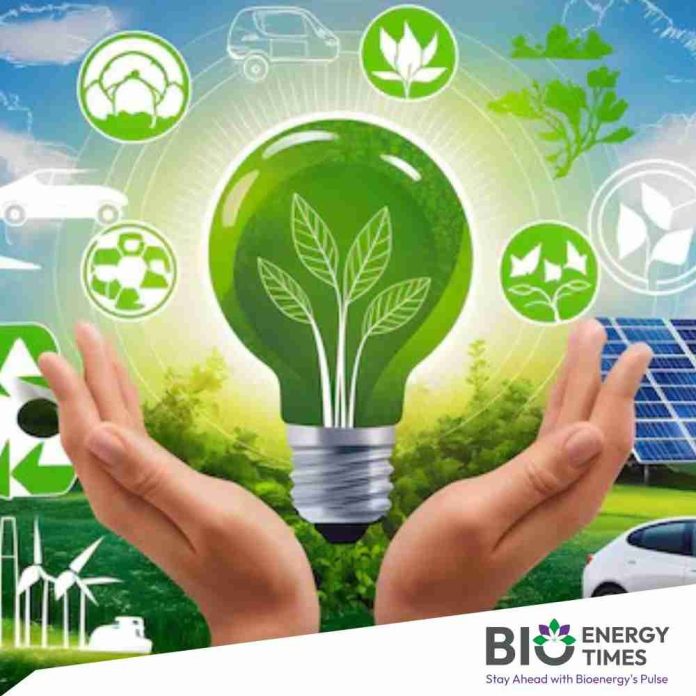Ethiopia is moving forward with its energy and transportation transformation through a new 23,000-hectare agricultural biorefinery, developed in partnership between Sunbird Bioenergy Africa and the Ethiopian Mining Corporation (EMC), reported Birr Metrics.
Set to begin operations by 2030, the project will produce Sustainable Aviation Fuel (SAF), household biofuels, and ethanol for transportation, supporting Ethiopia’s broader transition to electric vehicles (EVs), liquefied natural gas (LNG), and compressed natural gas (CNG).
The biorefinery aims to supply SAF for aviation with a 10 percent blend target, meeting a projected demand of 530,000 million litres annually between 2028 and 2030. It will also produce 120–150 million litres of clean household cooking fuel yearly from 2025 to 2030, replacing kerosene, charcoal, and LPG. Additionally, transport ethanol blends (E10–E20) are expected to reach 115–230 million litres annually within the same timeframe.
Using locally sourced feedstocks such as cassava and sugarcane, the project is designed to boost rural employment and agricultural development. Under the partnership, Sunbird Bioenergy will oversee renewable fuel production, while EMC will contribute industrial expertise, infrastructure, and logistics support.
Richard Bennett, founder and CEO of Sunbird Bioenergy Africa, said Ethiopia’s biofuel policy has laid a strong foundation for such projects. He noted that the World Bank is exploring financing models to help ensure the project’s success, adding that Sunbird’s goal is to replace a substantial share of Ethiopia’s fossil fuel consumption with biofuels.
Tewodros Getachew, CEO of the Ethiopian Mining Corporation, told Birrmetrics that the biorefinery will produce 40–60 million litres annually. He confirmed that EMC and Sunbird are partnering to supply jet fuel for Ethiopian Airlines, with EMC managing distribution and serving as the main point of contact. The facility is expected to be operational within five years.
Ethiopia’s energy transition is already progressing, with policies encouraging EV adoption through import incentives. The country now has over 115,000 registered electric vehicles. Simultaneously, the government is expanding LNG production via the Ogaden project, which generates more than 100 million litres of LNG annually for industrial use. Plans are also underway to promote CNG for buses and private vehicles, with a target of one million CNG-powered vehicles by 2027.















